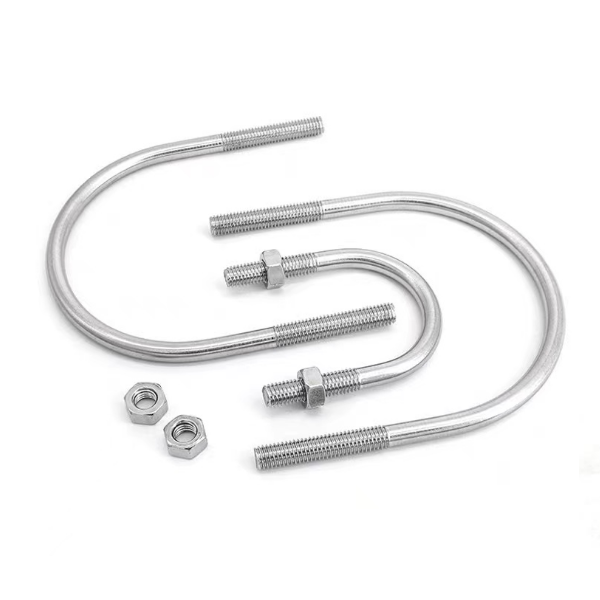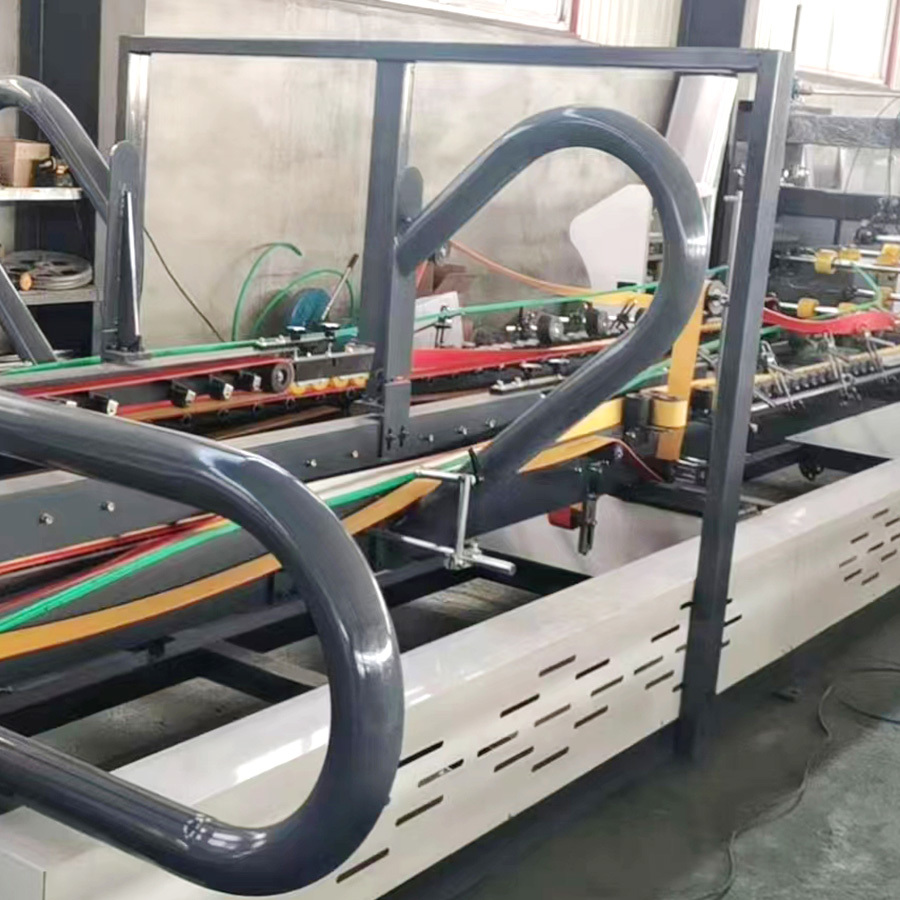language
English
العربية
বাংলাদেশ
Български
Hrvatski
Česky
Dansk
Nederland
 Esperanto
Esperanto
Slovenski
Filipino
Suomi
Français
Maori
 Shqiptare
Shqiptare
Georgian
 Euskara
Euskara
Deutsch
Ελλάδα
ישראל
इंडिया
Magyarország
Ísland
Indonesia
Irlanda
Italia
日本語
Sovensko
Հայաստան
한국
Kyrgyz
ປະເທດລາວ
 Zulu
Zulu
Latvian
Lithuanian
Luxembourgish
 Latinus
Latinus
Macedonian
Малайская
Maltese
Монгол улс
 Cymraeg
Cymraeg
ဗမာ
 தமிழ்
தமிழ்
नेपाल
Norge
ایران
Polska
Portugal
România
Российская
Србија
 Slovak
Slovak
Србија
 Slovak
Slovak
Bosanski
Slovenian
Беларус
España
Sverige
Точик
ประเทศไทย
Türk
Azərbaycan
Uzbek
 Afrikaans
Afrikaans
Việt Nam
Understanding U Bolts: Essential Components in Industrial Applications
2025-05-13
U bolts are specialized fasteners widely used in industrial applications due to their unique shape and functionality. Characterized by their "U" shape, these bolts typically consist of a straight threaded rod bent into a U configuration, allowing them to secure objects together in a stable manner. Their design allows for a variety of applications, making them a crucial component in sectors such as
U bolts are specialized fasteners widely used in industrial applications due to their unique shape and functionality. Characterized by their "U" shape, these bolts typically consist of a straight threaded rod bent into a U configuration, allowing them to secure objects together in a stable manner. Their design allows for a variety of applications, making them a crucial component in sectors such as construction, automotive, and manufacturing.
One of the primary functions of U bolts is to support and stabilize pipes, beams, or other structures. When installed correctly, they can distribute weight evenly across the surface they are affixed to, minimizing the risk of structural failure. This makes U bolts particularly valuable in scenarios where safety and durability are paramount, such as in construction sites or heavy machinery applications.
In addition to their strength, U bolts are versatile in terms of size and material. They can be made from various metals, including stainless steel, carbon steel, or galvanized steel, allowing for customization based on the specific requirements of the environment in which they will be used. For instance, stainless steel U bolts are preferred in corrosive environments due to their resistance to rust and deterioration, while carbon steel U bolts may be used in more controlled settings.
When selecting U bolts for a project, it is imperative to consider factors such as load capacity, environmental conditions, and the specific application. The correct sizing is crucial, as a U bolt that is too large or too small can lead to inadequate fastening and compromise the integrity of the assembly. Therefore, it's recommended to refer to industry standards or consult with a professional to ensure you choose the right U bolt for your needs.
Moreover, installation practices significantly impact the performance of U bolts. Proper torque and alignment upon installation can enhance their effectiveness, ensuring that they securely hold components without risking loosening over time. Regular inspections and maintenance are also advisable to assess any potential wear or fatigue, which can help in prolonging the lifespan of the fasteners and the overall structure they support.
In conclusion, U bolts are indispensable elements in the realm of industrial fastening solutions. Their unique design, material versatility, and wide range of applications make them a go-to choice for enhancing structural integrity in various settings. By understanding their characteristics and proper usage, you can ensure that your projects maintain the highest standards of safety and performance.
One of the primary functions of U bolts is to support and stabilize pipes, beams, or other structures. When installed correctly, they can distribute weight evenly across the surface they are affixed to, minimizing the risk of structural failure. This makes U bolts particularly valuable in scenarios where safety and durability are paramount, such as in construction sites or heavy machinery applications.
In addition to their strength, U bolts are versatile in terms of size and material. They can be made from various metals, including stainless steel, carbon steel, or galvanized steel, allowing for customization based on the specific requirements of the environment in which they will be used. For instance, stainless steel U bolts are preferred in corrosive environments due to their resistance to rust and deterioration, while carbon steel U bolts may be used in more controlled settings.
When selecting U bolts for a project, it is imperative to consider factors such as load capacity, environmental conditions, and the specific application. The correct sizing is crucial, as a U bolt that is too large or too small can lead to inadequate fastening and compromise the integrity of the assembly. Therefore, it's recommended to refer to industry standards or consult with a professional to ensure you choose the right U bolt for your needs.
Moreover, installation practices significantly impact the performance of U bolts. Proper torque and alignment upon installation can enhance their effectiveness, ensuring that they securely hold components without risking loosening over time. Regular inspections and maintenance are also advisable to assess any potential wear or fatigue, which can help in prolonging the lifespan of the fasteners and the overall structure they support.
In conclusion, U bolts are indispensable elements in the realm of industrial fastening solutions. Their unique design, material versatility, and wide range of applications make them a go-to choice for enhancing structural integrity in various settings. By understanding their characteristics and proper usage, you can ensure that your projects maintain the highest standards of safety and performance.
U Bolts
RELEVANT INFORMATION
Understanding U Bolts: Essential Components in Industrial Applications
U bolts are specialized fasteners widely used in industrial applications due to their unique shape and functionality. Characterized by their "U" shape, these bolts typically consist of a straight threaded rod bent into a U configuration, allowing them to secure objects together in a stable manner. Their design allows for a variety of applications, making them a crucial component in sectors such as
2025-05-13
Understanding the Critical Role of Flange Bolts in Industrial Equipment
Understanding the Critical Role of Flange Bolts in Industrial Equipment
Flange bolts serve as essential components in various industrial applications, playing a critical role in ensuring the structural integrity and operational efficiency of machinery and equipment. Their unique design and functionality make them a preferred choice for fastening applications where reliability and strength are para
2025-05-10
Understanding Allen Bolts: Essential Fasteners for Industrial Applications
Allen bolts, also known as socket head cap screws, are a crucial component in various industrial applications, primarily used for fastening and connecting different parts together. These fasteners are characterized by their cylindrical head and hexagonal socket, which allows for a secure grip when using an Allen wrench or hex key. Unlike traditional screws that require a screwdriver, the design of
2025-05-07









